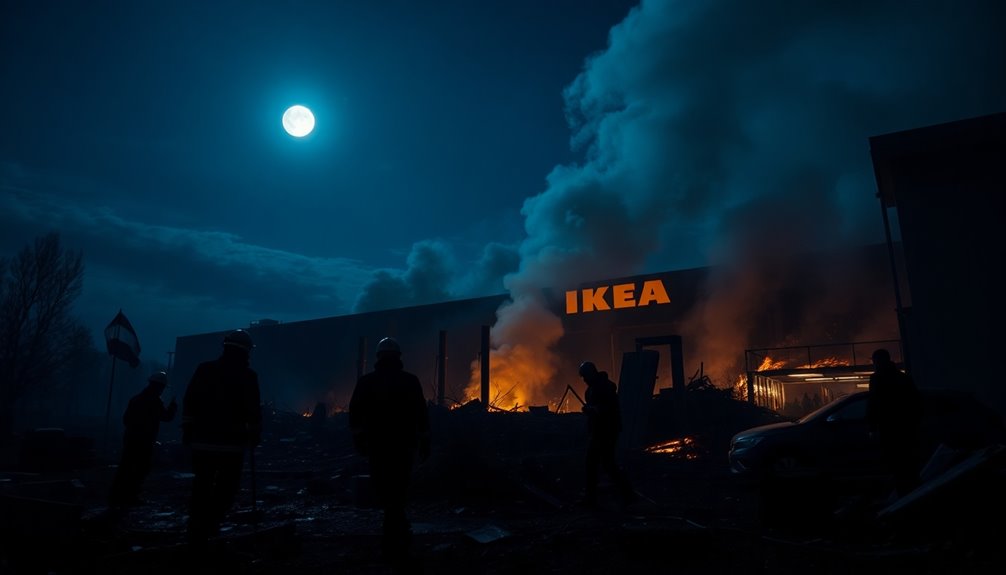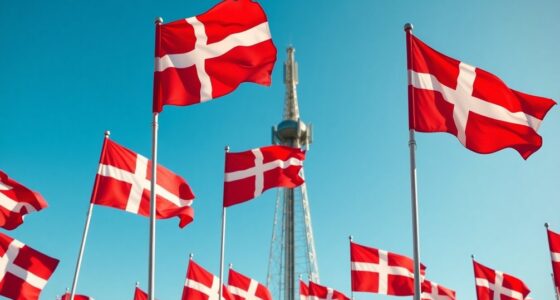
Lithuanian authorities have linked Russian intelligence to a recent arson attack on an IKEA warehouse in Vilnius, which occurred on the night of May 8 or 9, 2024. The attack, taking place on Vikingu Street, resulted in substantial damage estimated at €485,519. Fortunately, no injuries were reported, but the fire destroyed metal racks holding mattresses, tiles, furniture, and plastic bags, raising serious concerns about security in the region.
The investigation quickly identified two suspects, both Ukrainian citizens under twenty, with one being a minor. The minor faces charges of organizing a terrorist act and illegally possessing explosives. One suspect was arrested in Lithuania, while the other was detained in Poland. This unfolding situation hints at a broader conspiracy, as the suspects allegedly agreed to carry out similar arson attacks in Lithuania and Latvia for monetary gain.
Two Ukrainian suspects, including a minor, face terrorism charges linked to planned arson attacks in Lithuania and Latvia.
Investigators believe Russian intelligence orchestrated this attack, utilizing intermediaries linked to military intelligence and security forces. This classification as an act of terrorism illustrates the complexities of the plot, which involved a multi-level system of instructions. The pre-trial investigation continues, highlighting the urgency and seriousness of the matter.
The motivations behind this attack seem deeply rooted in intentions to intimidate society and destabilize political, economic, and social structures in Lithuania and beyond. The actions appear to aim at pressuring Lithuania and the EU to lessen their support for Ukraine, especially as similar sabotage operations have been reported across Europe, including Poland.
Polish Prime Minister Donald Tusk condemned the actions as “exceptionally perfidious,” emphasizing the regional security concerns these attacks pose.
International context adds another layer to the incident. U.S. intelligence sources have noted a rise in Russian sabotage operations throughout Europe, reflecting a coordinated strategy that has implications for global security. The strong support for Ukraine from Lithuania, Latvia, and Estonia only underscores the stakes involved. This incident complicates perceptions surrounding Russia’s intentions, particularly in peace talks.
As the investigations proceed, formal indictments have been filed, and trials are pending in both Lithuania and Poland. This incident has intensified diplomatic tensions between Russia and Lithuania, showcasing the need for international cooperation in counter-terrorism efforts.
It’s a stark reminder of how local incidents can resonate on a global scale, impacting security and stability across regions.









